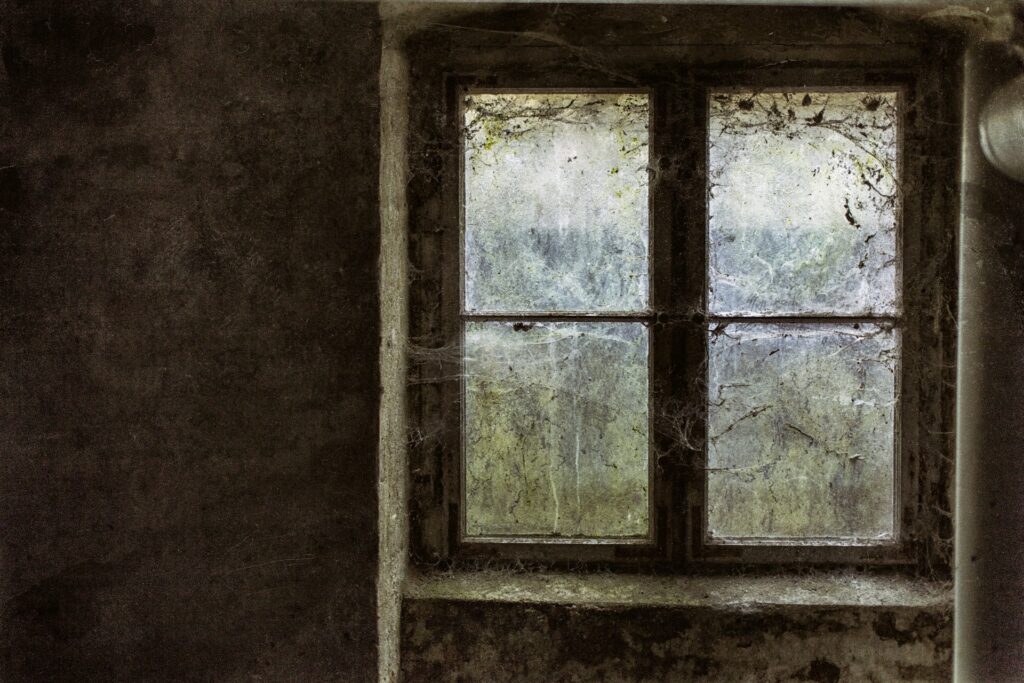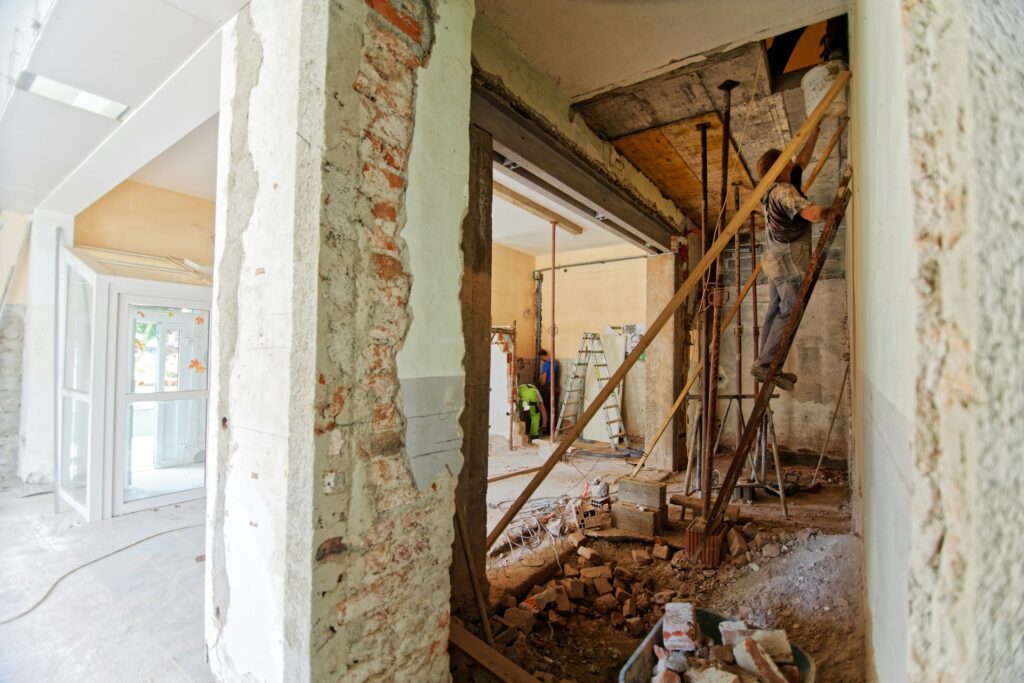
We are reader-supported. When you buy through links on our site, we may earn an affiliate commission.
Whether you live in a busy suburban neighborhood or a college dorm, it can be difficult to find some peace and quiet at times. Instead of creating your own noise to block out everyone else, try soundproofing a room. Here are a few ways to do just that.
1. Add Weather Stripping
Gaps around your front door can let in more noise than you might realize. Seal up cracks and rifts with peel and stick foam rubber weather stripping and use a door sweep to minimize drafts under the door. Interior doors don’t typically need weather stripping or draft stoppers. However, you could always add them to your bedroom door to block out sound and get a better night’s sleep.
2. Hang Wall Hangings
Hard surfaces — like your walls and ceilings — reflect and amplify sounds. While this may produce fantastic acoustics, the rest of your family may not want to hear it. Spare them a loud jam session by hanging sound-absorbing wall hangings. You can buy foam tiles or panels or use tapestries or quilts to blanket your walls and keep things quiet.
3. Lay Down Rugs and Pads
If your room has wood, tile or laminate floors in place of carpet, considering laying down a big rug to help absorb sound. Place a thick foam pad underneath to squelch loud noises further. Additionally, you might place your amplifier, speakers and other equipment that produces vibrations atop a foam pad to keep that bass line from escaping your room.
4. Add More Drywall
If you’re tired of listening to the neighbors party until 3 a.m., soundproof your home by adding more drywall. Several brands make sound-dampening panels that provide eight times more sound insulation than your typical drywall. Look for wall systems with higher Sound Transmission Class numbers for panels that will resist the most sound transmission.
5. Get Window Treatments
Even high-quality windows can fail to block out car horns and construction. Add an extra layer of protection with window treatments. Mount window inserts on the inside of existing windows to reduce noise and keep your home nice and toasty this winter. Double up with sound-dampening curtains to block out both light and sound.
6. Install Resilient Channels
One of the best ways to soundproof a room is to install resilient channels. These z-shaped metal strips go between the wall studs and drywall so stop sound waves from passing through walls. Since you must screw resilient channels directly into studs, this solution isn’t practical for existing rooms. However, they’re good to keep in mind if you plan to renovate or add onto your home.
7. Use Ceiling Clouds
High ceilings may look industrial and super hip. However, they also amplify sounds and boost acoustics. To combat loud sounds, consider installing a few ceiling clouds with an NRC of .95 to stop echoes. Shape these acoustical pieces to look like actual clouds and hang them from your ceiling to absorb noises room. They’re affordable, lightweight, incredibly effective and can add a dreamy vibe to any bedroom.
8. Put Up Wallpaper
Wallpaper is enjoying the spotlight once again as young homeowners use it to liven up everything from bathrooms to nurseries. Yet, wallpaper is good for more than adding a pop of colors or patterns to your room. It can also help control noise. Soundproof wallpaper — yes, that’s a real thing — consists of thick polyethylene foam to dampen vibrations and reverberations. Apply it to the the walls of your bedroom for the best sleep of your life.
9. Rearrange the Furniture
Sometimes, soundproofing your room is as easy as rearranging the furniture. Place thick dressers, mirrors and other large pieces along an exterior wall or one that backs a hallway or an especially loud section of your home. Then, move your bed away from these walls. Hopefully, moving some furniture around will be effective enough to block out the noise so you don’t have to spend money on other solutions.
When All Else Fails
At least one of the solutions above should prove effective in blocking out sound — or keeping it in. However, there’s always a chance they won’t be completely successful in soundproofing a room. In this case, you may need to rely on earbuds or a white noise machine, especially if you have trouble sleeping in anything but complete silence. Otherwise, you might have to pack up your things and get out of there. Until then, do what you can to create some solace.










